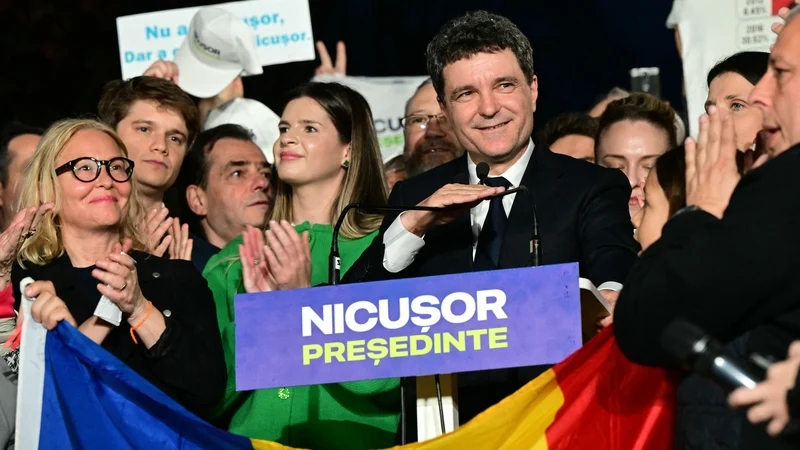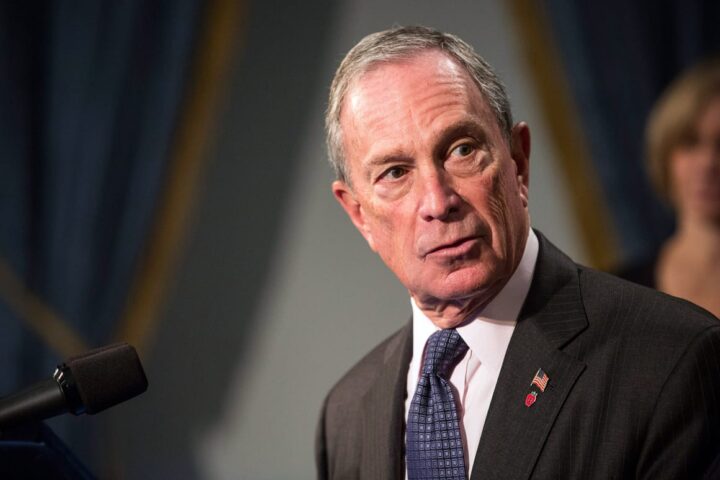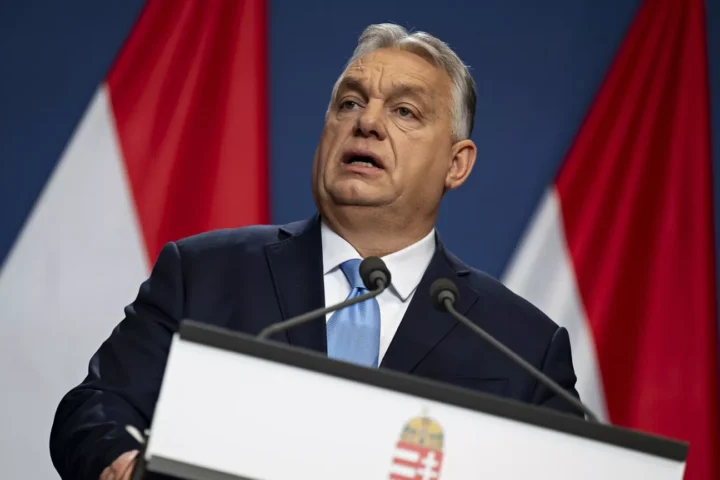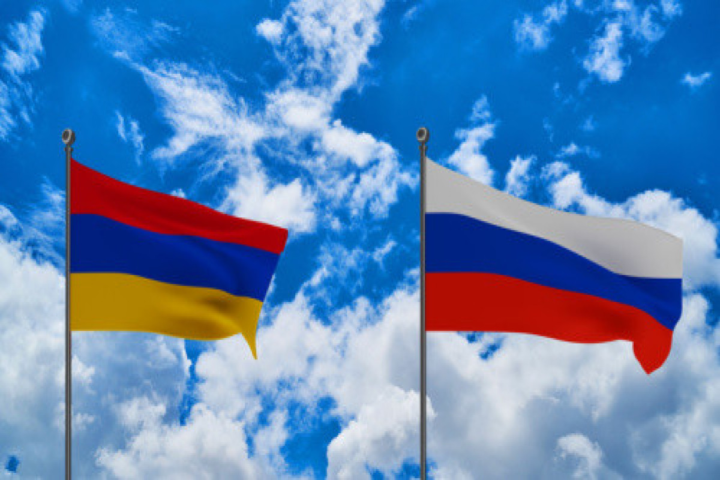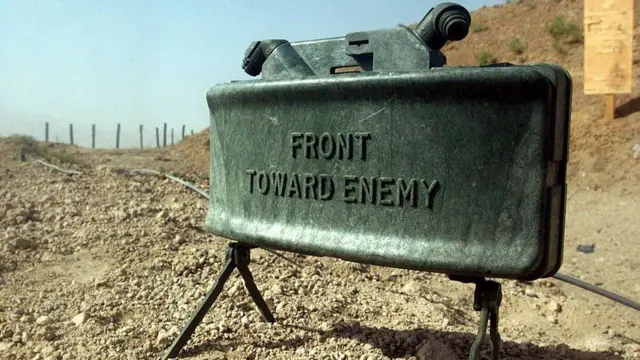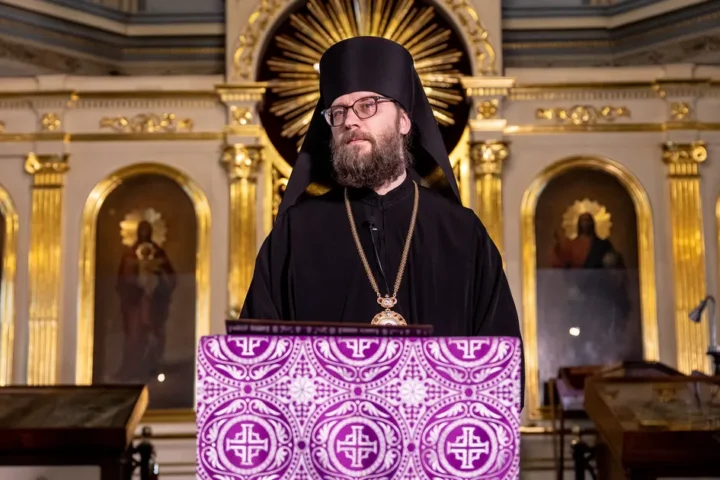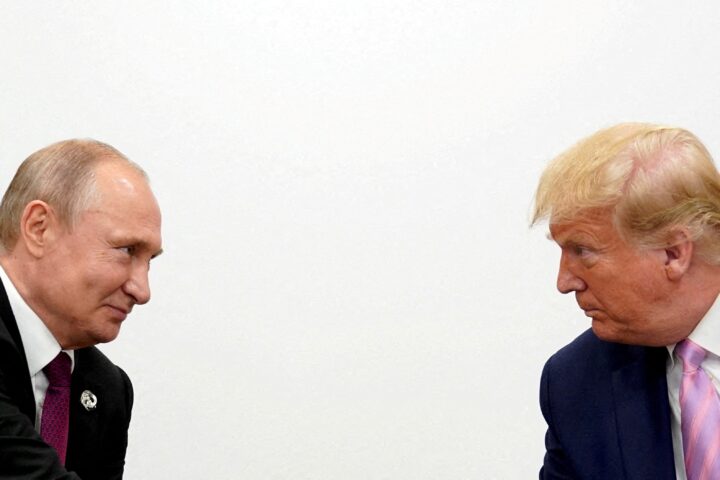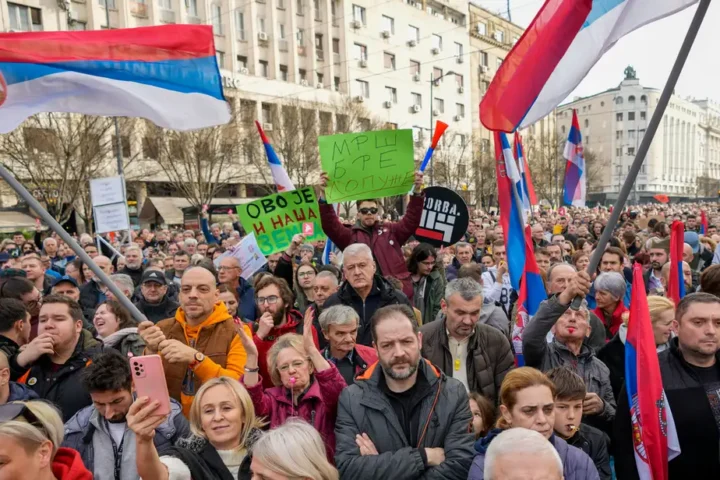Romania’s centrist Bucharest mayor Nicușor Dan appears on course to win the Romanian presidency in an election closely watched across Europe amid a rise in support for US President Donald Trump.
Exit polls showed Mr Dan at 55% of ballots, following a last-minute dash to the top after weeks of trailing George Simion, a hard-right supporter of President Trump.
Mr Dan had campaigned on a pledge to fight rampant corruption and to keep Romania firmly within the European mainstream.
If official results confirm the exit poll reading, Mr Dan would need to nominate a prime minister to negotiate a majority in parliament to reduce Romania’s budget deficit, the largest in the EU, as well as to reassure investors and try to avoid a credit rating downgrade.
“There will be a difficult period ahead, necessary for economic rebalancing to lay the foundations of a healthy society. Please have hope and patience,” Mr Dan told supporters after exit polls were published.
The president of Romania, an EU and NATO state, has considerable powers, including being in charge of the defence council that decides on military aid.

The president will also have oversight of foreign policy, with the power to veto EU votes that require unanimity.
The voting in Romania took place on the same day as the first round of a Polish election in which a liberal frontrunner, Rafal Trzaskowski, is vying with two conservative Trump admirers, Karol Nawrocki and Slawomir Mentzen.
Official results are due to start trickling in later in Romania, while exit polls in Poland are expected at 8pm Irish time.

The surge of popular support for Mr Simion in the run-up to the vote fuelled a public debate about growing anger in pockets of central Europe with mainstream elites over migration and cost-of-living pressures.
Speaking after voting ended, Mr Simion said his election was “clear” and did not concede.
“I won!!! I am the new President of Romania and I am giving back the power to the Romanians!” Mr Simion said on Facebook.
Political analysts had said victory for Mr Simion would have risked isolating the country abroad, eroding private investment and destabilising NATO’s eastern flank.
The election took place nearly six months after the initial ballot was cancelled because of alleged Russian interference, denied by Russia, in favour of far-right frontrunner Calin Georgescu, who was banned from standing again.
